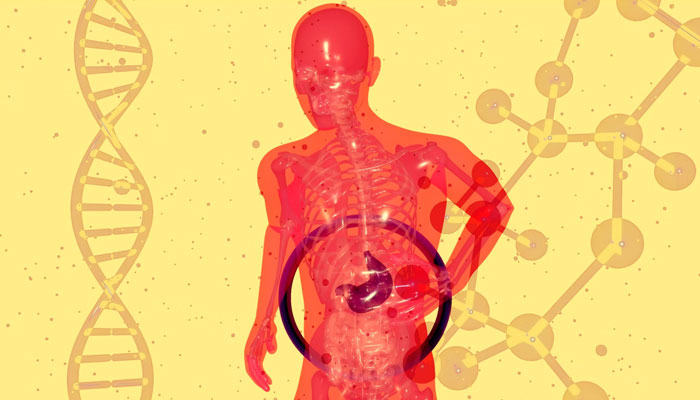

Temperatures in different regions of the face have been discovered as being associated with various chronic illnesses such as diabetes and high blood pressure by researchers which could help doctors to diagnose and detect metabolic diseases.
Notably, these temperature differences are not easily perceptible by one’s own touch, however, they can be identified with the help of specific AI-derived temperature patterns that require a thermal camera and a data-trained model. Future research on this can significantly help doctors in the early detection of diseases, reported Science Daily.
"Ageing is a natural process," says Jing-Dong Jackie Han, the paper's corresponding author at Peking University in Beijing. "But our tool has the potential to promote healthy ageing and help people live disease-free."
To predict people's biological age, which indicates how well the body is ageing, the team had previously used a 3D facial structure. Facial temperatures of more than 2,800 Chinese participants between the ages of 21 and 88, were analysed by Han and her colleagues.
Then, the information was used by the researchers to train AI models that could predict a person's thermal age. Several key facial regions where the temperatures were significantly related to age and health, including the nose, eyes and cheeks were identified by them.
The team discovered that the temperature of the nose decreases with age at a rate faster than other parts of the face. This means that people with warmer noses have a younger thermal age. On the other hand, temperatures around the eyes tend to increase with age.
It was also found by the team that people with metabolic disorders such as diabetes and fatty liver disease had faster thermal aging. In juxtaposition to their healthy counterparts of the same age, they tended to have higher eye area temperatures. Moreover, people with elevated blood pressure also had higher cheek temperatures.












